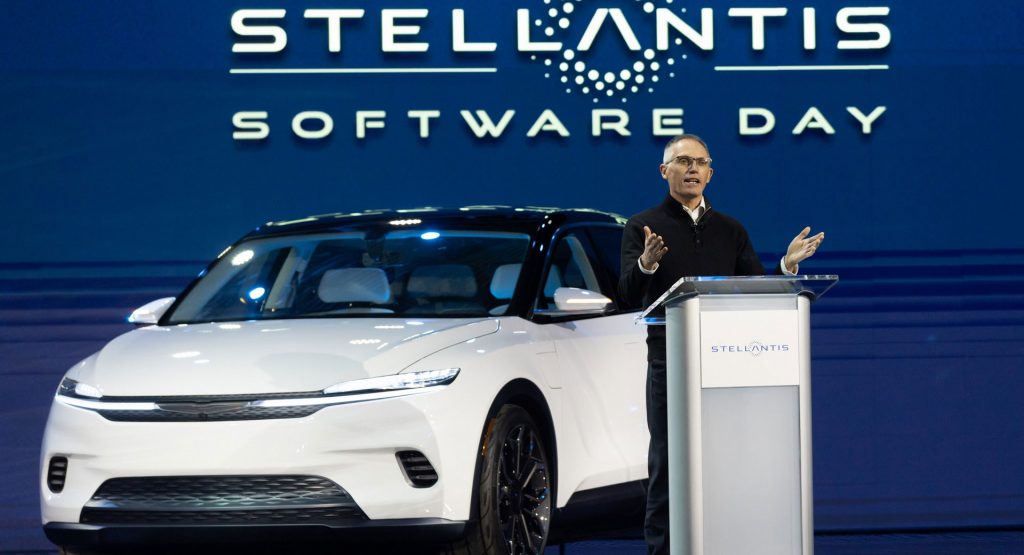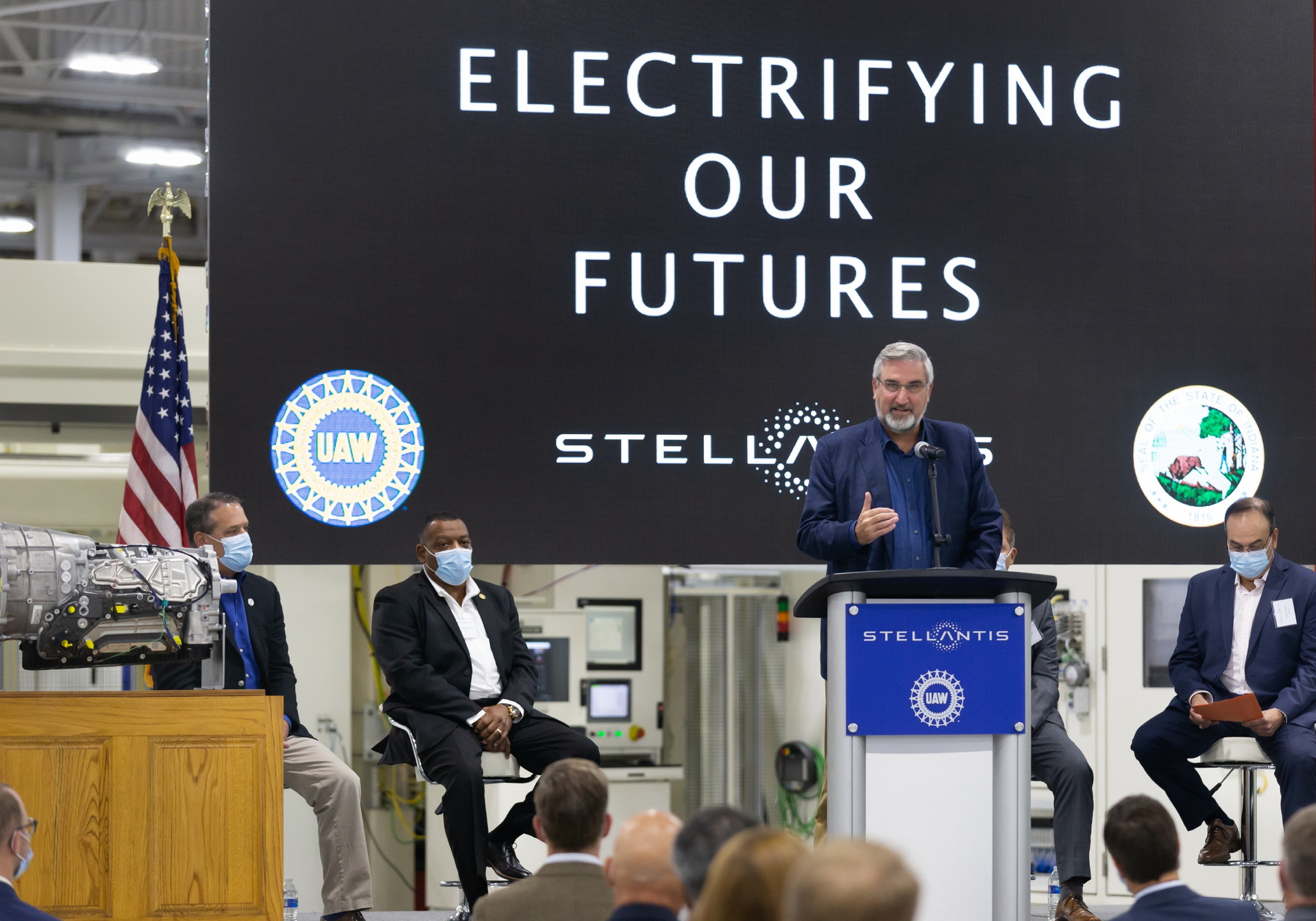Stellantis chief executive Carlos Tavares says moves to ban internal combustion engines across Europe brings with it a host of social and environmental impacts.
The European Union is moving to ban the sale of new internal combustion engined cars by 2035 but Tavares says that doing this and forcing automakers to switch to all-electric vehicles isn’t the most effective way to combat climate change.
“What is clear is that electrification is a technology chosen by politicians, not by industry,” Tavares told a handful of European newspapers in a joint interview. “Given the current European energy mix, an electric car needs to drive 70,000 kilometres to compensate for the carbon footprint of manufacturing the battery and to start catching up with a light hybrid vehicle, which costs half as much as an EV (electric vehicle).”
Nevertheless, knowing that the internal combustion engine won’t be around forever, Stellantis is embarking on an electrification of its line-up. In a plan announced last year, the company said it would reveal 21 new plug-in hybrid and battery-electric models over the following two years. It has also been confirmed that Alfa Romeo will be 100 per cent electric by 2027 and Opel/Vauxhall will be all-electric by 2028.
During the interview, Tavares added that forcing automakers to transform their plans and supply chains to suit EVs “creates social risk” and said that he will try to avoid closing down any plants in Europe, Auto News reports.
“I generally hold on to the promises I make, but we also need to remain competitive,” he said while noting that production costs in Italy are “significantly higher, sometimes double of those at plants in other European countries” due to high local energy costs.





